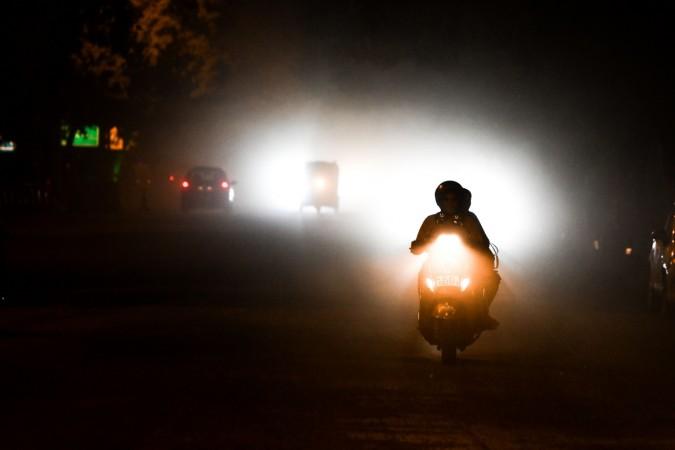
Green firecrackers developed by the Council of Scientific and Industrial Research (CSIR) may not be available in markets on Diwali this year as authorities are yet to give safety approvals to these crackers.
Eco-friendly firecrackers would have been a major relief for people living in Delhi/NCR region but it seems to be a distant dream as of now.
Poor air quality during the winter season due to crop stubble burning in neighbouring Punjab and Haryana has been a major health hazard for those residing there. The use of firecrackers on Diwali further deteriorates the air quality.
Green crackers named as safe water releaser (SWAS), safe minimal aluminium (SAFAL) and safe thermite cracker (STAR) are not only environment-friendly but cheaper than the conventional ones.
"CSIR scientists have developed Less Polluting Firecrackers which are not the only environment -friendly but 15-20 per cent cheaper than the conventional ones," said Harsh Vardhan, Union Minister for Science & Technology, Earth Sciences, Environment, Forest & Climate Change.
The minister also listed a number of steps to make further improvements in the firecrackers. "First time in India, an Emission testing Facility has been established at CSIR-NEERI and extensive testing is in progress for conventional and green crackers for monitoring the emissions and sound," he said.
This facility uses all sophisticated instruments for measurement and sampling when firecrackers are used.
In view of poor quality raw materials used in firecrackers as major sources of particulate matter pollution, a raw material characterization facility is also being set up, Vardhan added.
"CSIR would be detailing further strengthening by the installation of additional facilities for raw materials testing at Sivakasi. This activity is likely to be initiated for testing in the next two months after completion of certain formalities. This facility can come up in collaboration and partnership with Manufacturers' association Testing facilities."
Taking a comprehensive view of the firecracker sector, Harsh Vardhan said that in tune with its scientific social responsibility, CSIR has been working on long-term and futuristic goals which would lead to clean and safe Diwali.
The air quality index, which measures the concentration of poisonous particulate matter, has risen above 300 in parts of Delhi in recent days. Anything above 100 is considered unhealthy by the Central Pollution Control Board (CPCB).














